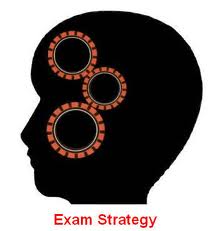VERBAL-COGNITIVE STAGE
-identify the goal
-evaluate performance
-look at the what, when, and how of the skill
-figure out what to do and generate an attempt
-self talk: demands a lot of attention which prevents processing of simultaneous activities
- What can help in the stage?
-instruction > verbal information
-demonstration
-video
- Performance:
-halting, jerky, uncertain
-gains are rapid and large
MOTOR STAGE – timeframe: several weeks to months
- Focus now is on organizing more effective movement patterns
-build a motor program to accomplish movement requirements (quick movement)
-use response-produced feedback (slow movement)
- Characteristics:
-reduced energy cost and self talk
-anticipation, smoother movements, less rushed
-monitor own feedback
- Performance:
-continues to improve rapidly > improved consistency
AUTONOMOUS STAGE
- Automatic action now and does not require much attention
- Motor program well developed
-can perform higher order cognitive activities (e.g., strategy, style)
-no self talk
-increased self-confidence and error detection
-slow performance improvements

